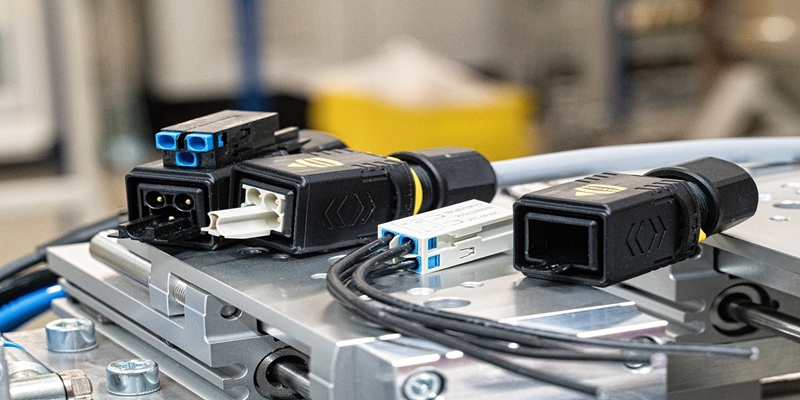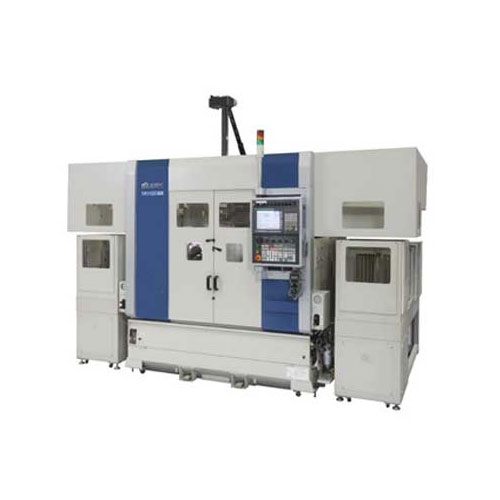Schedule a Call Back
Innovative technologies in motion control attract new entrants to the market
 Articles
Articles- Nov 12,24

Related Stories

Harting Launches PushPull V4 Power QuickLock Connectors
Harting unveils PushPull V4 Power QuickLock connectors with Han QuickLock technology for fast, tool-less field assembly in compact industrial and outdoor applications.
Read more
Honeywell–TCS Partner to Drive Enterprise-Wide Autonomy
Honeywell and TCS join forces to integrate OT and IT, enabling AI-driven autonomy, real-time intelligence and improved efficiency for building and industrial operators.
Read more
Honeywell Launches Hybrid Heating to Cut Industrial Energy Costs and Emissions
Honeywell’s Hybrid Heating Solution enables manufacturers to switch between gas and electric heat in real time, helping optimise energy costs, cut emissions and support the energy transition.
Read moreRelated Products

Compact Fmc - Motorum 3048tg With Fs2512
Meiban Engineering Technologies Pvt Ltd offers a wide range of Compact FMC - Motorum 3048TG with FS2512.

Digital Colony Counter
Rising Sun Enterprises supplies digital colony counter.
Robotic Welding SPM
Primo Automation Systems Pvt. Ltd. manufactures, supplies and exports robotic welding SPM.














